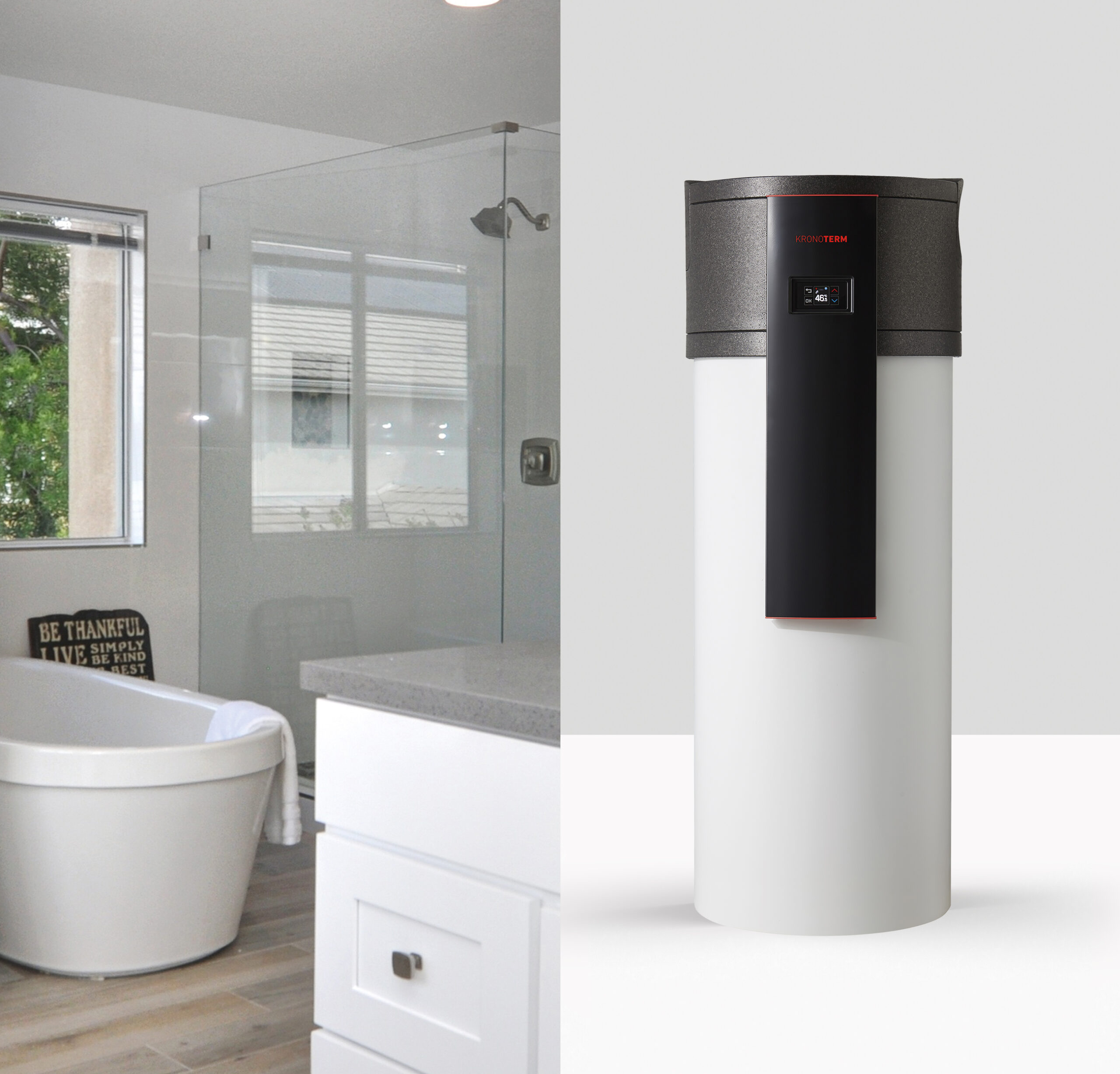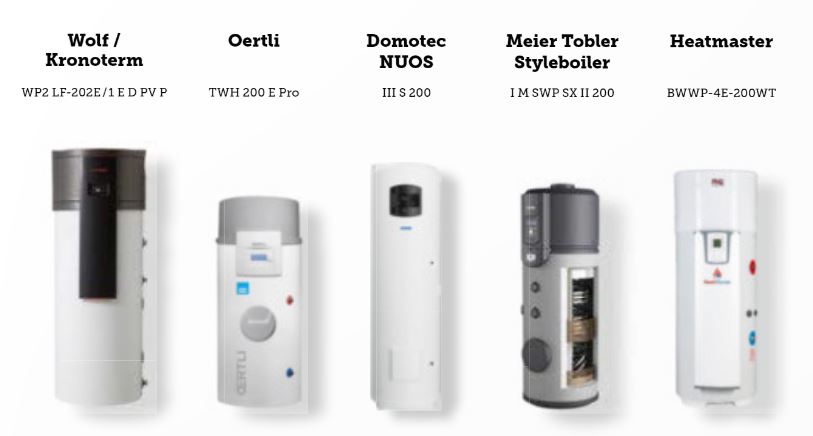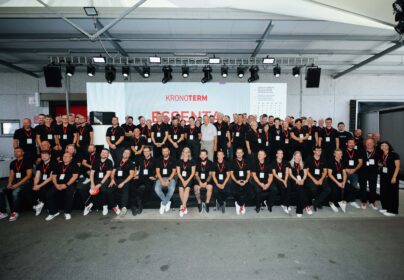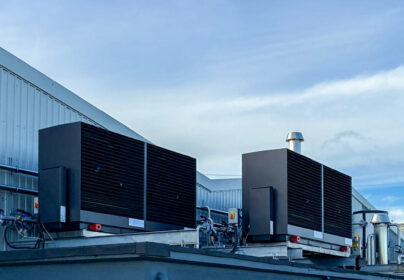Heat pumps represent a crucial innovation for environmentally friendly energy utilization in buildings and are increasingly important for both heating and preparing warm sanitary water. Sanitary heat pumps bring numerous advantages as they not only heat water but also significantly reduce electricity consumption. Therefore, using them in homes makes sense both from an environmental and cost perspective.
The preparation of warm water is a fundamental need in every household, prompting owners of single-family houses to often wonder about the most efficient and environmentally friendly solution. In this context, sanitary heat pumps are becoming increasingly popular as they enable a more sustainable and cost-effective preparation of warm sanitary water. Approximately 50 percent of the electricity bill in an average Swiss household is attributed to energy used for heating warm water. A sanitary heat pump reduces this consumption by about two-thirds.
The operation of a sanitary heat pump is straightforward: the device contains a small heat pump that extracts air from the surroundings to heat water, which is then stored in a built-in boiler. Simultaneously, the released air, from which heat and moisture have been extracted, is cooled and dried before being released back into the environment. The high energy efficiency of sanitary heat pumps is one of the key advantages as they produce more thermal energy than needed for their operation. This results in significant cost savings compared to other heating systems.
Studies have shown that owners of single-family houses who switch to sanitary heat pumps reduce the costs of preparing warm water by 65 to 75 percent. Sanitary heat pumps are flexible and can be installed in various environments, both in new constructions and when renovating existing buildings. Careful selection of the location for the warm sanitary water storage tank is crucial during installation to ensure optimal efficiency and performance. An ideal location is the laundry room, where the device can perform the dual function of drying clothes and heating water. The noise produced by the device during operation is comparable to the noise of a refrigerator, making it sensible to install it in the basement.
It is also important to note that sanitary heat pumps often contain environmentally friendly refrigerants. With proper installation and maintenance, there are no concerns about harmful emissions into the environment. Overall, sanitary heat pumps are an excellent choice for owners of single-family houses seeking efficient and sustainable warm water preparation. They offer high energy efficiency, significantly reduce costs, alleviate strain on the electrical grid, and contribute to reducing environmental impacts. When transitioning to a sanitary heat pump, careful planning and installation are essential to achieve optimal results. With proper preparation and expert support, property owners can fully leverage the benefits of sanitary heat pumps.







